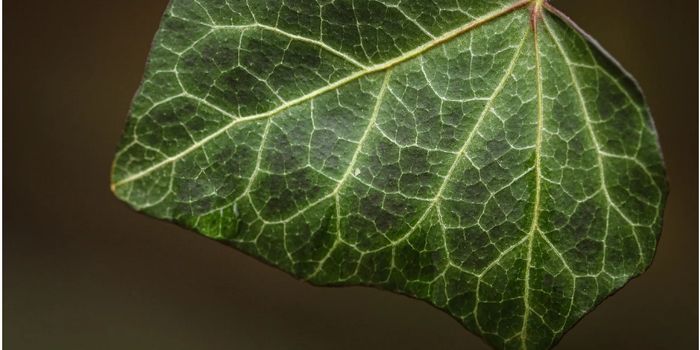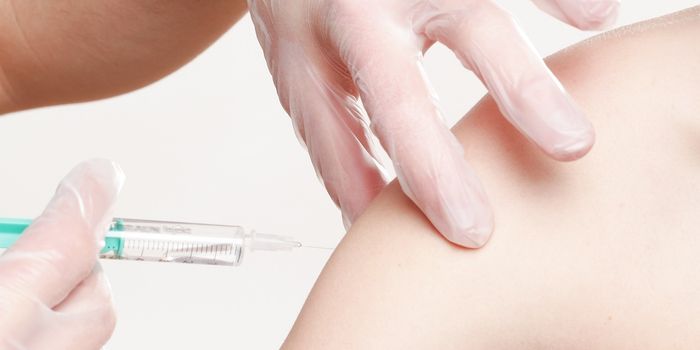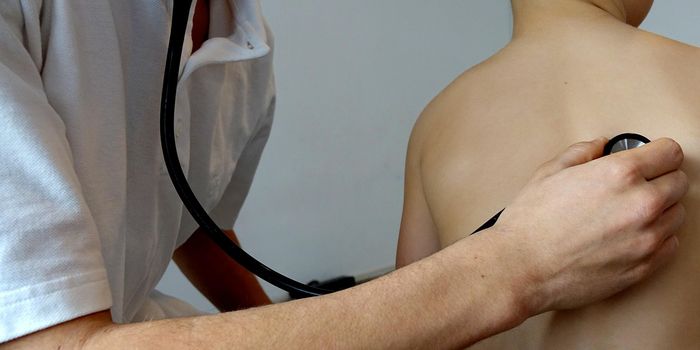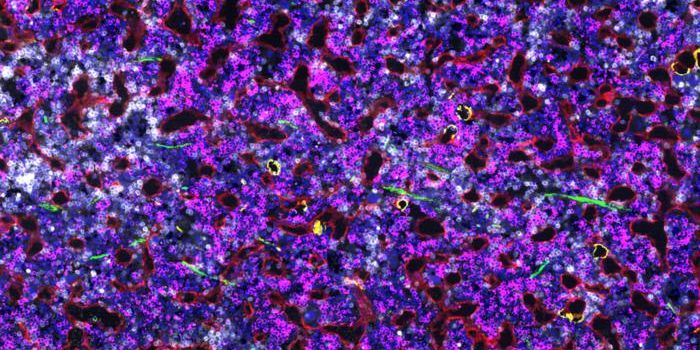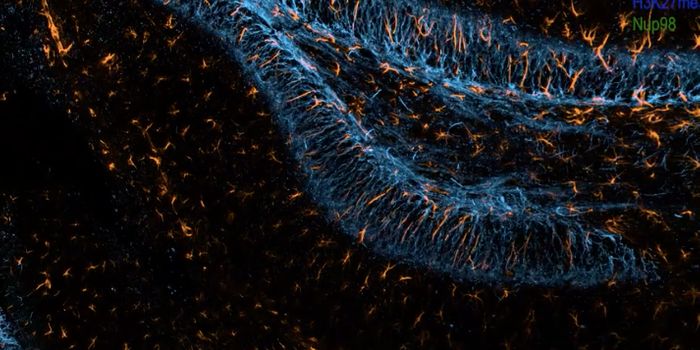Study Suggests Popular Anti-Aging Candidates are Mostly Ineffective
Aging is linked to a decline in good health and an increase in the risk of many different diseases. People even die simply from 'old age.' Many studies have investigated the biological influences on aging, and ways to counter those effects. A large new project has assessed three very popular and well-studied anti-aging interventions, using an array of measurements to decipher how good those interventions are at slowing the aging process. None of the interventions were able to slow the rate of aging. The findings have been reported in Nature Communications.
"There is no internal clock of aging that you can regulate with a simple switch - at least not in the form of the treatments studied here," noted corresponding study author Dr. Dan Ehninger, a senior scientist at DZNE.
The researchers used three different mouse models. Two involved genetically manipulating genes that have been shown to play key roles in aging. In one model, the mice were engineered to not express the Ghrhr gene so that growth hormone levels are reduced; the gene is outlined in the first video below. In another, a mutant mouse line was developed that would reduce mTOR expression to 25 percent of what is seen in wild type mice; this gene is the target of a proposed anti-aging drug called rapamycin and is outlined in the second video below. The last model was a group of mice that were subjected to intermittent fasting.
Mice, however, tend to die of cancer. Instead of dying simply from getting old, over 75 percent of mice develop tumors. So long-lived mice would probably be those that were good at surpressing tumors, noted Ehninger, and not necessarily those mice that were aging more slowly.
So in this work, the researchers used many different markers of aging, covering many aspects of physiology instead of just genetic factors. They also assessed health at several different stages of life. Some of the anti-aging treatments had an effect on young mice, but it did not slow down the rate at which they were aging. This gave the study clear results - none of the anti-aging interventions worked.
Although there were some old mice that appeared younger, this wasn't because they were aging more slowly. It was happening independently of aging, said Ehninger.
Many of the anti-aging effects that were observed were happening at the same rate in young mice as they were in old mice - these impacts were age-independent.
"The fact that a treatment already has its effect in young mice, prior to the appearance of age-dependent change in health measures, proves that these are compensatory, general health-promoting effects, not a targeting of aging mechanisms."
Sources: Deutsches Zentrum für Neurodegenerative Erkrankungen e.V. (DZNE), Nature Communications


